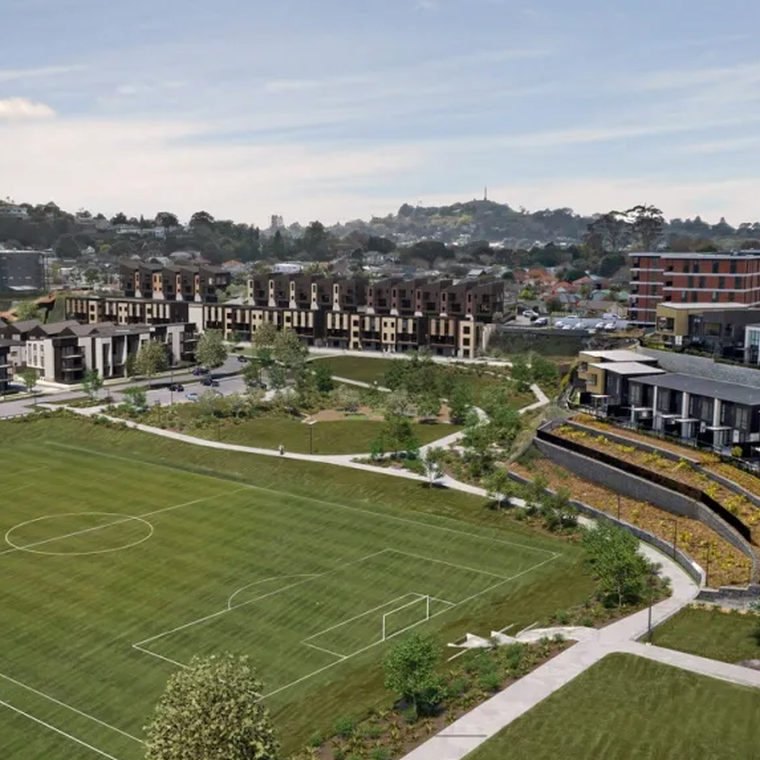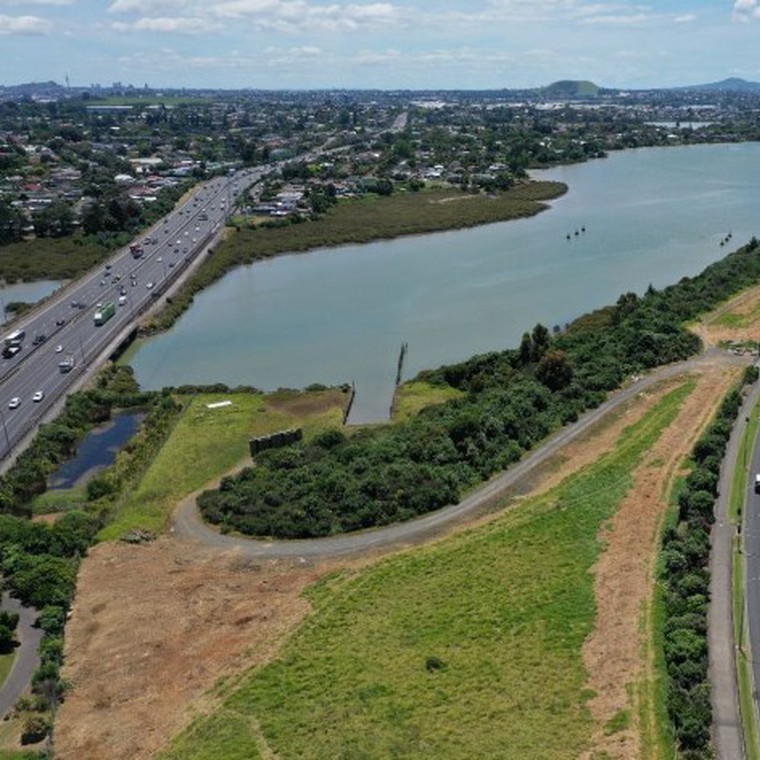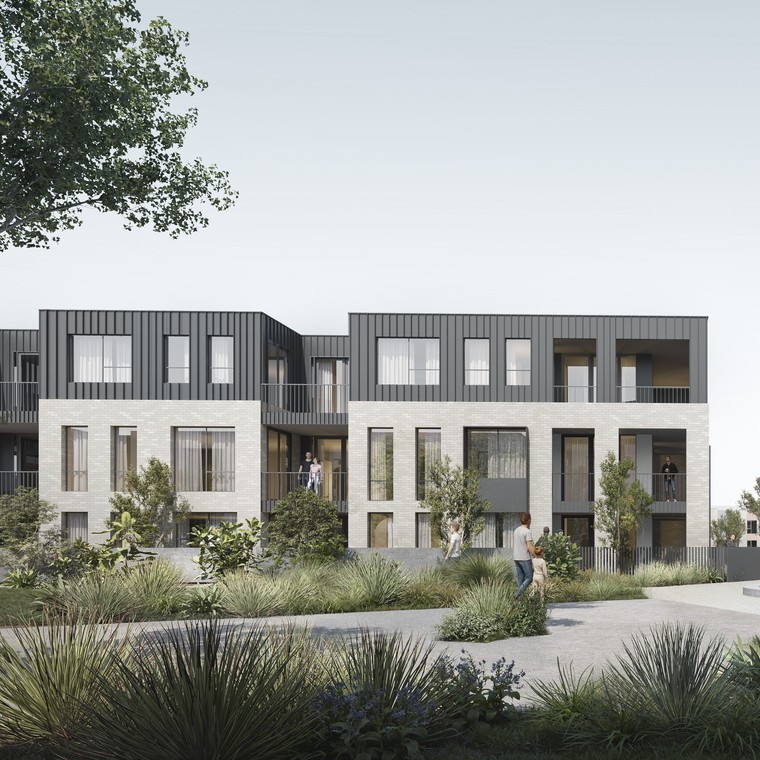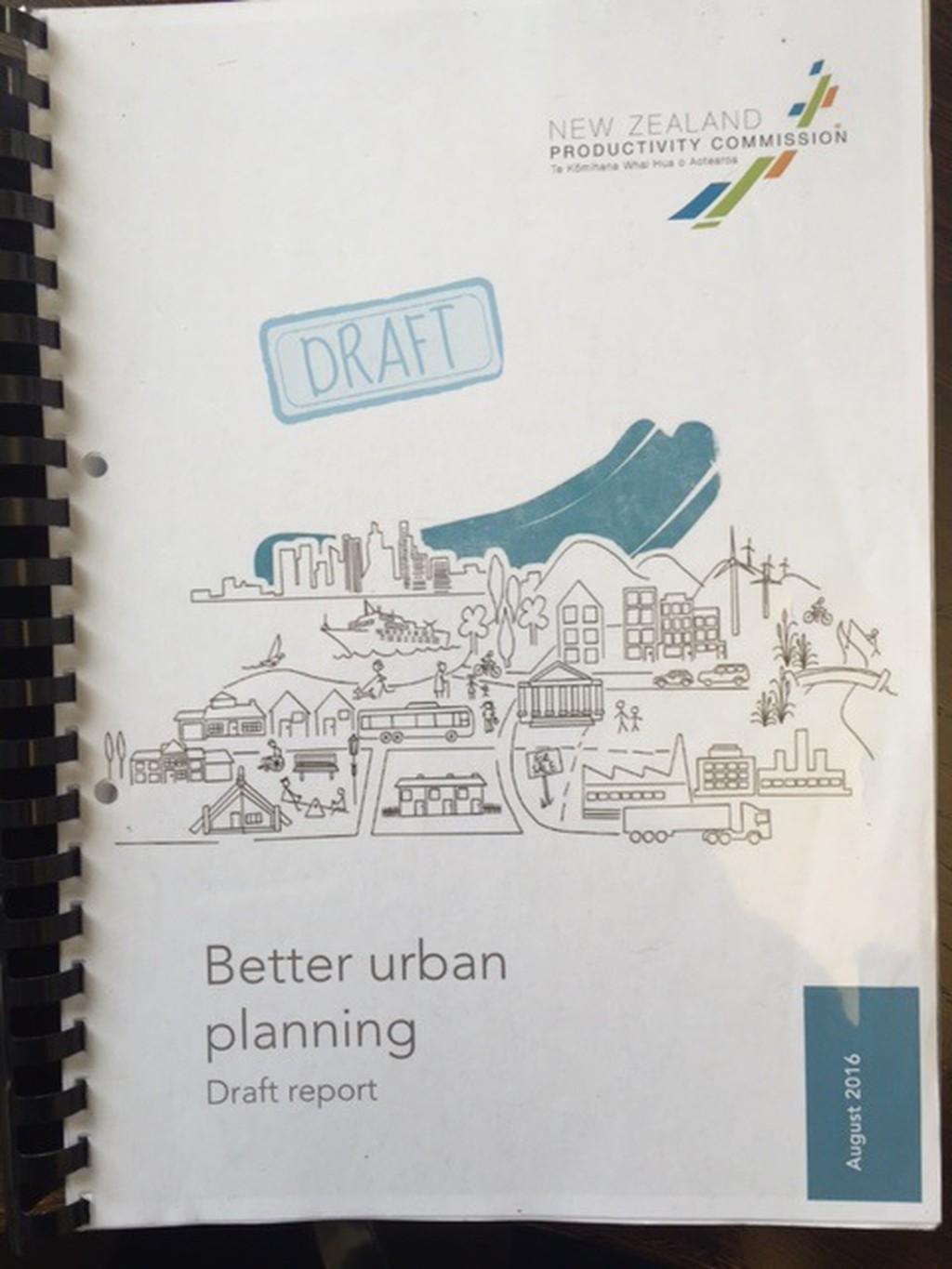Productivity Commission should avoid premature recommendations
Tue Oct. 11th 2016
Berry Simons has lodged a submission on the Productivity Commission’s draft Better Urban Planning report, which makes recommendations to the Government about changes required to the planning regime to improve urban planning.
Berry Simons has lodged a submission on the Productivity Commission’s draft Better Urban Planning report, which makes recommendations to the Government about changes required to the planning regime to improve urban planning. The submission urges the Commission to refrain from making premature recommendations in relation to our Resource Management system without sound analysis and clear justification.
While the report identifies a range of issues which contribute to the ineffective implementation of the RMA, Berry Simons’ submission states that the draft report goes too far in recommending a complete revamp of Resource Management legislation without a solid evidential basis. Berry Simons has made similar criticisms of the lack of justification for many aspects of Resource Legislation Amendment Bill (RLAB) (see our comprehensive article on the RLAB).
The reforms being proposed by the Commission would introduce separate regulation for the urban environment versus the natural environment, which would create artificial distinctions, be unmanageable and be contrary to the integrated management of resources, a fundamental tenet of the RMA.
The draft report also proposes that a permanent Independent Hearings Panel (IHP) be introduced to hear submissions on planning instruments, coupled with restrictions on public participation and appeal rights which mirror proposals in the RLAB.
Berry Simons’ submission calls on the Productivity Commission to refrain from making recommendations enshrining the IHP process until the Auckland and Christchurch processes have run their course. While the Government expected significant time savings from the IHP process, it is clear in Auckland that that may not be achieved after all. The sheer number of High Court appeals is likely to significantly delay many Environment Court appeals, with spillover effects by the way of delays to other High Court business. Hindsight shows that the normal process would have been quicker than the “bespoke” process designed to limit access to the Environment Court. The same would be true of the model the Commission is proposing.
While the draft report contributes to the national conversation about how to improve our planning regime, it should not be seen by the Government as more than that. There are a range of projects which have been, and are being undertaken by other agencies and organisations which will inform the need for and shape of planning reform, including the Environmental Defence Society’s recent Evaluating the Environmental Outcomes of the RMA report (see our article on the EDS report).
News & Updates

Court rejects Council's Three Kings Development Contributions Challenge
The High Court decision demonstrates opportunistic development contribution assessments by Auckland Council can be successfully challenged.
Fri May 30th 2025

Consent obtained for the first digital billboard in Richmond
The Berry Simons' Digital Billboard Team obtains consent despite opposition on traffic safety grounds and effect on amenity values.
Fri Dec. 20th 2024

Rezoning approved for Otara residential development
Approval of Plan Change 90 to the AUP allows rezoning of land from business to residential.
Thu Nov. 28th 2024

Consent granted for Peachgrove Development
A fast-track panel has approved consent to construct a mixed-use development in Hamilton East.
Thu Oct. 31st 2024

